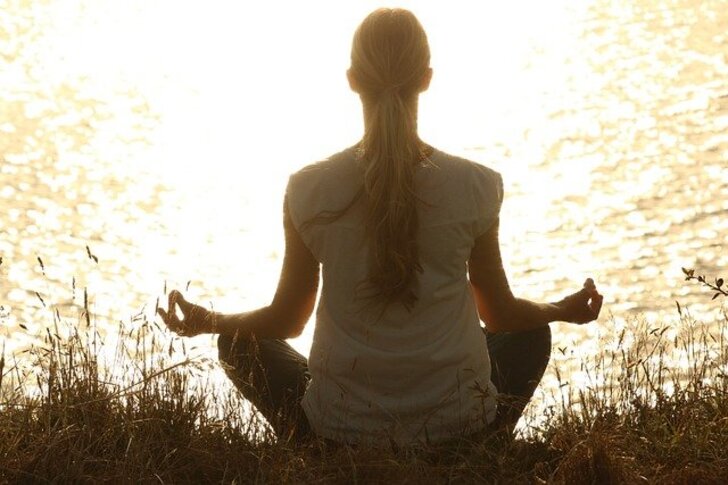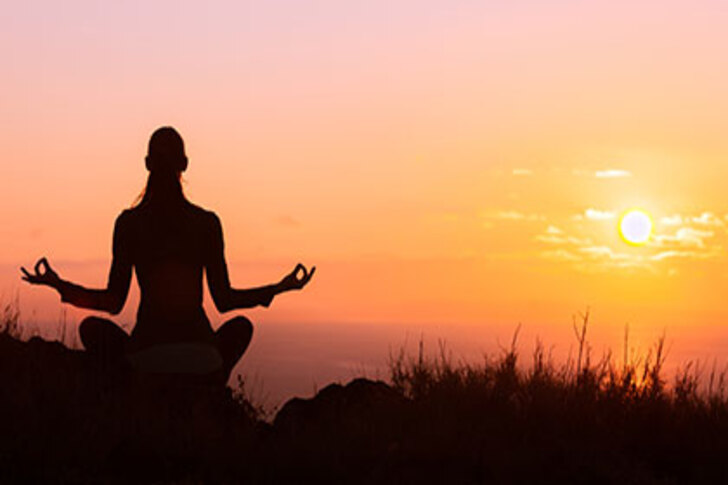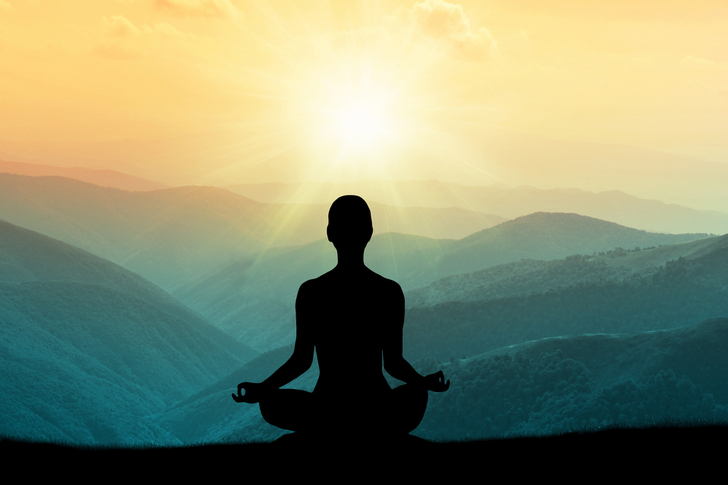Discovering Paths to Inner Peace and Mindfulness
Exploring spirituality and practicing mindfulness can profoundly impact one’s life, offering a pathway to inner peace, personal growth, and a deeper understanding of oneself and the universe. These practices can help reduce stress, improve mental clarity, and foster a sense of connection to something greater than oneself. As interest in these areas grows, numerous approaches and philosophies have emerged, each offering unique benefits and insights.
1Yoga and Physical Practices
0 votes

Yoga is a holistic practice that combines physical postures, breath control, and meditation to promote overall well-being. Originating in ancient India, yoga has become a popular method for enhancing physical fitness, reducing stress, and fostering spiritual growth. Different styles of yoga, such as Hatha, Vinyasa, and Ashtanga, cater to various needs and preferences. Hatha yoga focuses on basic postures and breathing techniques, making it ideal for beginners. Vinyasa yoga emphasizes fluid movement and breath synchronization, while Ashtanga yoga offers a more rigorous and structured practice. Regardless of the style, yoga encourages mindfulness, flexibility, and strength, contributing to a balanced and healthy lifestyle.
0
Do you agree? 0% of people agree with your point of view!
2Meditation Practices
0 votes

Meditation is a cornerstone of mindfulness and spiritual growth. It involves various techniques such as breath control, focused attention, and guided imagery to cultivate a state of heightened awareness and inner calm. Practicing meditation regularly can help reduce stress, enhance emotional health, and improve concentration. Various forms of meditation include mindfulness meditation, transcendental meditation, and loving-kindness meditation, each offering different benefits. Mindfulness meditation focuses on staying present in the moment, while transcendental meditation involves repeating a mantra to achieve a state of relaxed awareness. Loving-kindness meditation promotes compassion and empathy towards oneself and others. Integrating meditation into daily life can lead to a more balanced and peaceful existence.
0
Do you agree? 0% of people agree with your point of view!
3Spiritual Retreats
0 votes

Attending a spiritual retreat offers an immersive experience designed to deepen one’s spiritual practice and foster personal growth. These retreats often take place in serene, natural settings, providing a peaceful environment conducive to reflection and meditation. Activities at spiritual retreats can include guided meditations, yoga sessions, workshops on spiritual teachings, and silent periods for introspection. Retreats vary in focus, with some emphasizing mindfulness, others exploring specific spiritual traditions, and still others offering a combination of approaches. Participants often leave feeling rejuvenated, with a renewed sense of purpose and clarity. Retreats provide a valuable opportunity to disconnect from daily distractions and reconnect with one’s inner self.
0
Do you agree? 0% of people agree with your point of view!
4Mindful Walking
0 votes

Mindful walking is a practice that combines movement with mindfulness, encouraging individuals to focus on the present moment while walking. This practice can be done anywhere, from a peaceful nature trail to a busy urban street. The key is to walk slowly and deliberately, paying attention to the sensations in the body, the rhythm of the breath, and the surrounding environment. Mindful walking can help reduce stress, improve concentration, and foster a sense of connection to nature. It is a simple yet powerful way to incorporate mindfulness into daily life. By turning an everyday activity into a meditative practice, mindful walking offers a unique opportunity to cultivate awareness and tranquility.
0
Do you agree? 0% of people agree with your point of view!
5Mindfulness-Based Stress Reduction (MBSR)
0 votes

MBSR is an evidence-based program developed by Dr. Jon Kabat-Zinn to help individuals manage stress, pain, and illness through mindfulness practices. The program typically involves an eight-week course that includes mindfulness meditation, body scanning, and gentle yoga. Participants learn to cultivate awareness of the present moment, which can reduce stress and improve overall well-being. MBSR has been shown to benefit individuals with chronic pain, anxiety, depression, and other stress-related conditions. By fostering a mindful approach to life, MBSR helps participants develop resilience and a greater sense of control over their emotional and physical health.
0
Do you agree? 0% of people agree with your point of view!
6Journaling and Reflective Writing
0 votes

Journaling is a powerful tool for self-exploration and spiritual growth. It involves writing down thoughts, feelings, and experiences to gain insight and clarity. Reflective writing can help individuals process emotions, set intentions, and track personal progress. Different types of journaling, such as gratitude journaling, dream journaling, and stream-of-consciousness writing, offer various benefits. Gratitude journaling focuses on noting things one is thankful for, which can foster a positive mindset. Dream journaling involves recording and interpreting dreams, providing insights into the subconscious mind. Stream-of-consciousness writing allows free expression without judgment, helping to uncover deeper thoughts and feelings. Regular journaling can enhance mindfulness and promote personal growth.
0
Do you agree? 0% of people agree with your point of view!







Recent Comments